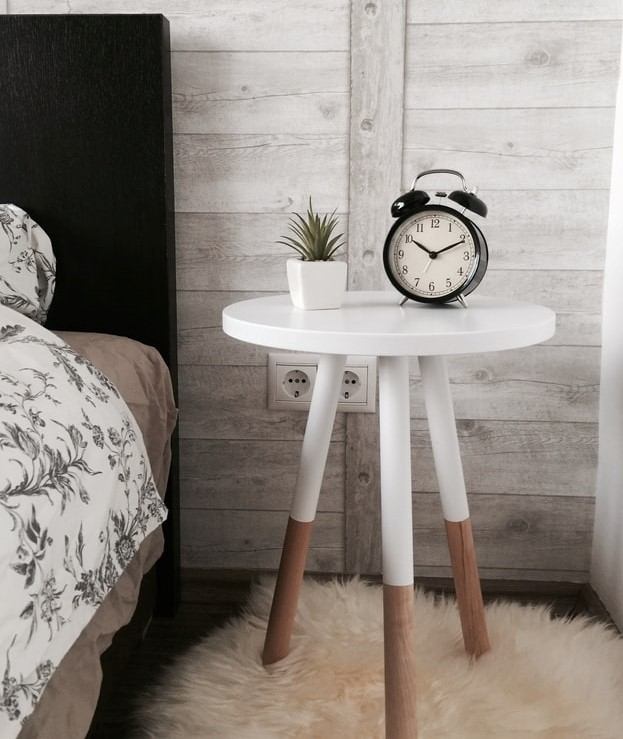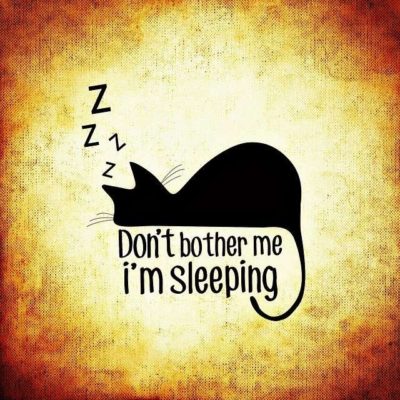Mindfulness, Personal growth, Setting goals
Six tips for getting a good night’s sleep
Six tips for getting a good night’s sleep
Often we are waking up feeling just as tired as we were when we went to bed. We all need to get good sleep for our physical and mental health, but many of us are having trouble in this area. Poor sleep can lead to many problems; poor judgement and reflexes, trouble thinking clearly and creatively, health issues such as diabetes and heart problems and poor mental health and depression. What can we do to help?
Here are six tips for getting a good night’s sleep. some ideas to get a satisfying snooze.
1. Make your bedroom a haven
Many of us have phones, laptops or televisions in our rooms which we use just before we try to sleep. The blue light from these devices and the stimulation they provide will keep you awake long after you turn out the light. It is a good idea to have your room only for sleep and sex. Have a dark, cool room that is quiet and where you will not be disturbed. Having a nice mattress and bed linen will make it feel like a luxury and somewhere you want to spend your time.

2. Prepare to wind down before bed
If you prepare and wind down for the hour or so before bed your body and mind will get used to being ready to sleep. Avoid vigorous exercise, television or working on difficult or stressful activities before bed. Having a bath or shower, doing some light reading or meditation may help get your sleep routine under way. A friend told me this week that Yoga is proving a great before sleep routine.

3. Avoid simulants such as caffeine, alcohol and drugs
Avoid caffeine, alcohol, drugs and other stimulants as, even if you feel as though you may fall asleep easily, your sleep patterns are affected and you may find yourself waking up during the night. Be careful about any over the counter medication you are taking, often this may contain stimulants. Also think about having smaller meals that your body can process easily at night time rather than a big heavy meal which will leave you feeling over full and bloated.
4. Set a good sleep routine
Try to keep the same routine of sleep times. If you set your body clock this will help your sleep patterns. Do not oversleep on the weekends or not open the curtains to let in natural light during the day. Your body clock is set to a pattern and expects a certain amount of sleep and dark time, followed by time with light and activity. If you work shift work or have a late night out then you may need to work around the routine to get the best from your body clock and sleep pattern.
How much sleep you need varies throughout your life. For a normal adult it is around 8 hours per night. This will be slightly different for everyone so you need to work out what is your ideal. For us who are vision impaired or especially those who are completely blind and are not getting the light signals to assist with the rhythms of the body, this can be particularly tricky. Unfortunately insomnia is quite prevalent amongst those who are vision impaired. I have heard of people taking sleep medication – both vitamins and pharmaceutical. It would be very interesting to know what other alternatives you have come up with to counteract this problem.

5. Clear your head
What if your brain is still running a million miles an hour when your head hits the pillow? If you are worried about issues or have lots of ideas before you are ready to sleep it may be useful to keep a journal. You can spend ten minutes writing down all the things that are in your head and this will then help you to relax. Often when you write things down you will also have the added benefit that when you read back over the list later some of the issues seem easier to resolve or make more sense, as when you write things down they become more concise and logical.

If you tend to wake up during the night from bad dreams but then forget about them later it may be useful to keep the pen and paper by the bed so you can quickly write the dream down when you awaken. This way you can collect the information and be at ease to go back to sleep knowing you will be able to look at the information and process it later. Dreams are our sub conscious way of sorting through all the issues in our lives, so having them documented for future reference may be particularly useful, especially if you are experiencing stress or a difficult period in your life.
6. Relaxation techniques
What happens when you go to bed and just can not get to sleep? If you are tossing and turning and can not sleep for more than 20 minutes after you go to bed then get up and go to another room. This way you are cutting away from the frustration of not being able to get to sleep and also have the opportunity to partake in an activity that will relax you. Try the pre sleep routine ideas as mentioned above or listen to some relaxing music, complete a relaxation exercise or have a glass of water and a look out at the stars. If you are not feeling tired you should not go to bed until you are feeling drowsy, otherwise the frustration of not getting to sleep will create the nasty spiral of then you not relaxing enough to go to sleep.

Setting up the routine is worth the effort
All of these ideas you have probably heard before and still wonder why sleep is not your friend. It takes some time to get into a good routine and every time you follow the temptation of reaching for the phone to just check that last email or watch just a bit more television before bedtime, you are breaking the good routine and setting your sleep pattern back to the old bad habits. It is not easy, but once you set the routine and adjust, the sleep you get will be worth the hard work. Seriously, the email can wait, and the television show can be streamed later – it is not worth losing sleep over.
It would be interesting to hear your good sleep ideas or links to good relaxation or meditation sites you have used to help. Or if you have any more tips for getting a good might’s sleep, let us know.


